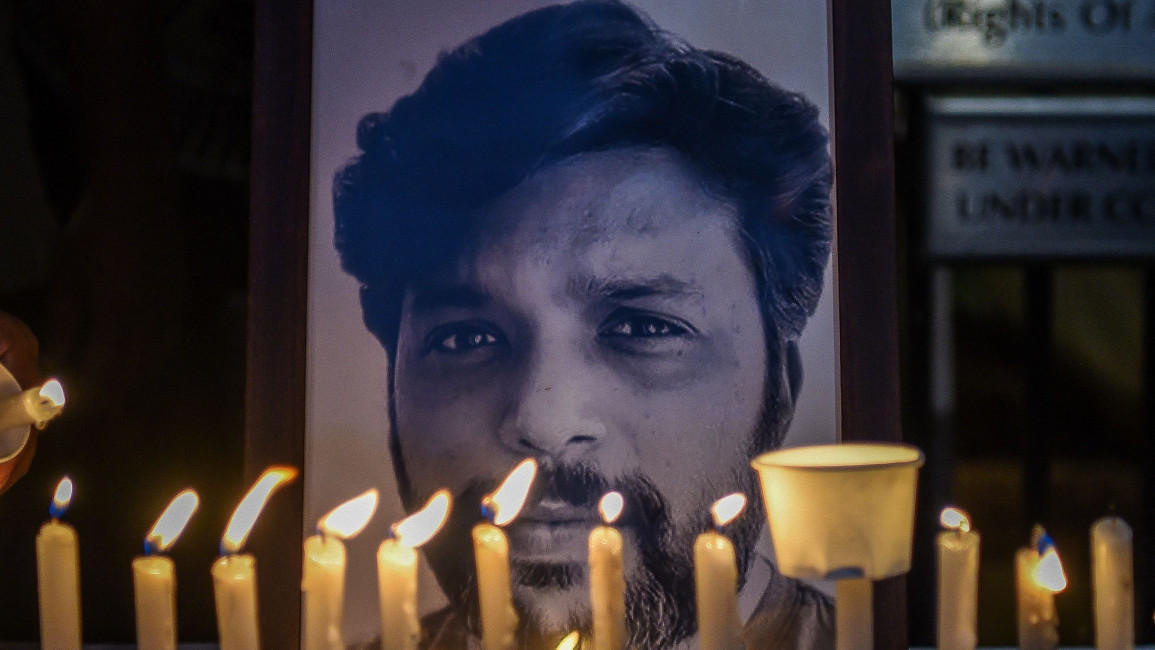Family of journalist killed in Afghanistan takes Taliban leaders to ICC
The family of a Pulitzer Prize-winning Indian photographer who was killed in Afghanistan last year filed a formal complaint with the International Criminal Court on Tuesday to investigate his killing and bring to trial the Taliban’s top leadership for “committing war crimes.”
Siddiqui worked for the Reuters news service and was embedded with Afghan special forces in July last year when he was killed as the commando unit battled for control of the Spin Boldak crossing, on the border between southern Afghanistan and Pakistan.
The family’s complaint cites several media reports, including from Reuters, that say Siddiqui was captured by the Taliban and later executed. The complaint also says his body was mutilated while in the custody of the group.
A Taliban spokesperson last year had denied that Siddiqui was killed by the group and that his body was mutilated in their custody.
Lawyer Avi Singh, who is representing Siddiqui's family, said the complaint seeks to bring to book at least six high-ranking Taliban leaders and high-level commanders for war crimes and crimes against humanity. He said the complaint has been sent to ICC Prosecutor Karim Khan and its Victims and Witnesses Unit on behalf of Siddiqui's parents.
“The Taliban targeted and killed Danish because he was a journalist and an Indian. That is an international crime. In the absence of rule of law in Afghanistan, the ICC has jurisdiction to investigate and try the perpetrators of Danish’s murder,” said Singh.
He said the family will also seek the Indian government's support for an independent and impartial investigation into Siddiqui’s killing.
India is not a signatory to the Rome Statute, the treaty that established the International Criminal Court.
“It is important to look for justice,” said Omar Siddiqui, the slain journalist's brother.
Siddiqui, 38, and his colleagues were honored with 2018 Pulitzer Prize for what the judges called “shocking photographs that exposed the world to the violence Rohingya refugees faced in fleeing Myanmar.”



